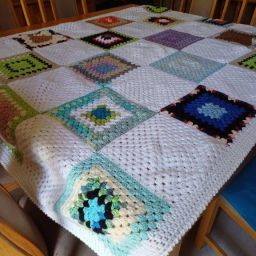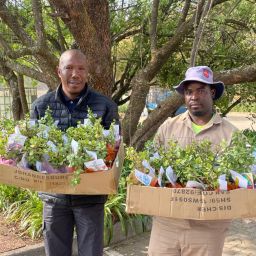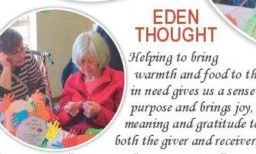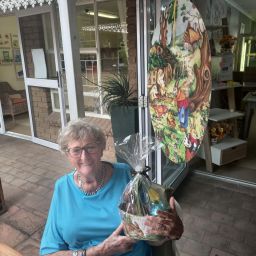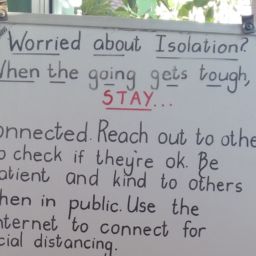Wedge Gardens rehab centre social worker Karen Griessel has issued a word of caution to South Africans, following the lifting of the ban on the sale of alcohol.
“For many, being able to enjoy a drink now and again is good news but for others, alcohol use creates problems,” she says.
She explains that alcohol abuse is generally defined as drinking too much alcohol too often – to the extent that it interferes with everyday life, functioning and relationships, even though it appears as if the individual’s life is still manageable.
Symptoms of alcohol abuse include the need to drink to relax, driving under the influence, problems in the family or friendships, neglecting responsibilities, legal problems and hangovers or vomiting.
Karen says some people might be tempted to hoard alcohol in case a ban is re-implemented. “This could put the social drinker at risk of drinking more than normal – especially because they are unable to resume their normal social activities and might feel bored and frustrated. Others with a limited budget may choose to buy alcohol rather than food.”
An increase in the abuse of alcohol will have a snowball effect, leading to more gender-based violence, crime and irresponsibility, she warns.
“Furthermore, those addicted to drugs who cannot find their fix will turn to alcohol to fill the gap.”
Alcohol causes people to lose their inhibitions and sense of responsibility and this type of risky action could be extremely dangerous at a time when South Africa’s coronavirus cases are expected to spike.
“At the end of the day, we all have to take responsibility for our own lives and that means making healthy choices when it comes to our alcohol consumption.”
You can do an alcohol and drug self-assessment test online at https://adsyes.org/alcohol-and-drug-online-assessment/
Based in Johannesburg, Wedge Gardens offer holistic rehabilitation for the body, mind and soul. Find out more at www.wedgegardens.co.za



